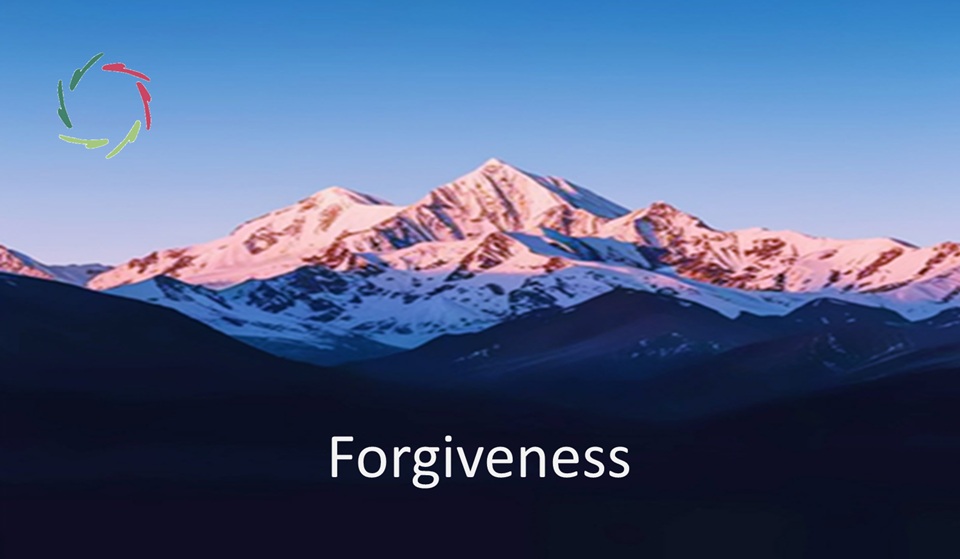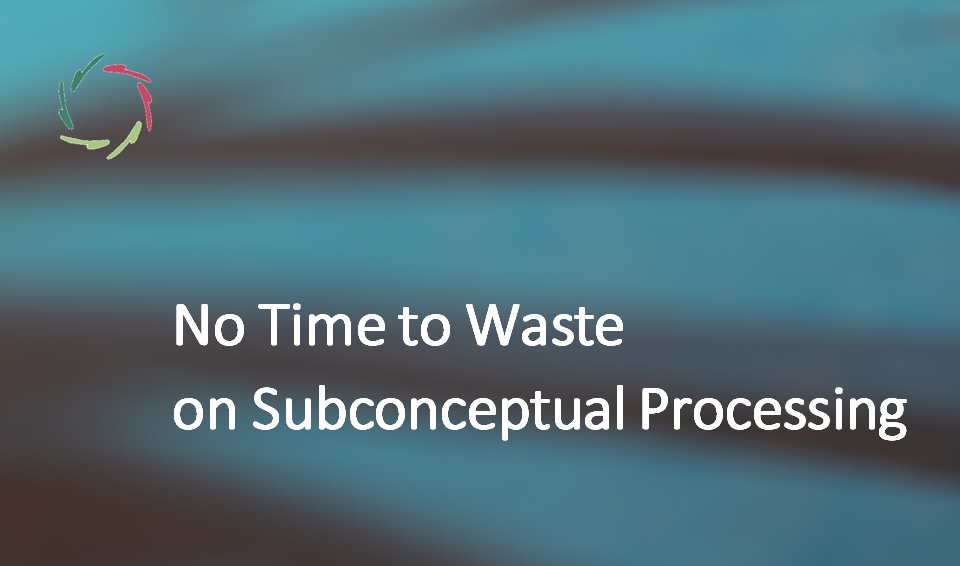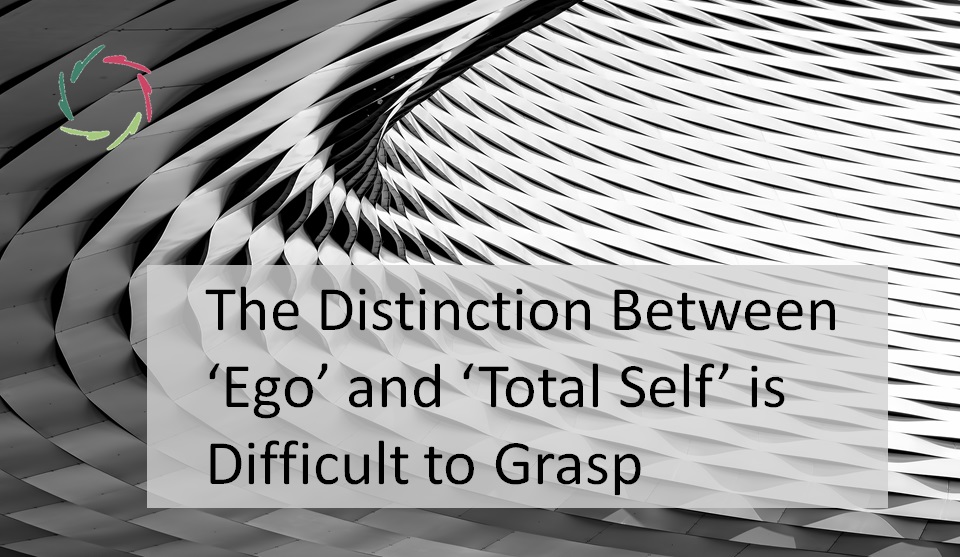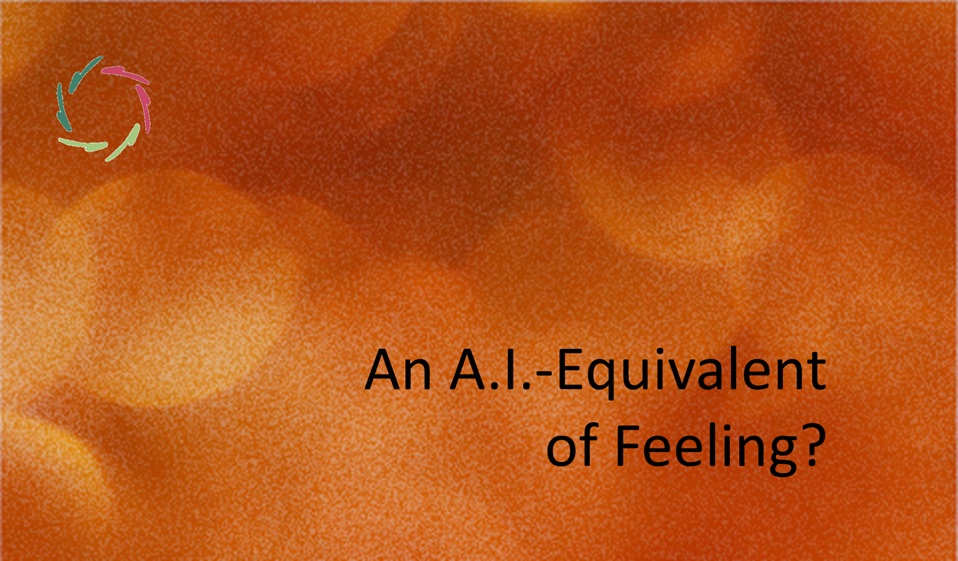Forgiveness

Forgiveness is one of the most profound and challenging aspects of being human. It is an act of Compassion — also in self-forgiveness, which is ultimately self-Compassion. Yet, it may seem easier than it actually is. A simulated act of forgiveness is no forgiveness at all.
Being forgiven is not straightforward, either. What if someone forgives you, but you don’t forgive yourself? Are you then truly forgiven? And how do you know if someone has really forgiven you? Maybe they are just playing a role. Maybe they want to forgive but can’t, because something inside them still holds on. In the end, forgiveness is not about what is said. It’s about what is lived deeply and authentically.
The burden of guilt and the need for a new perspective
For many, self-forgiveness is the hardest part. This is especially true for people who have caused serious harm — soldiers suffering from post-traumatic stress, for instance. Killing in war may have felt necessary at the time, but later, with new awareness, it can feel like murder. The human mind, wired for deep moral instincts, doesn’t always let such things go easily.
Guilt can become a kind of post-traumatic stress in itself. When it remains unresolved, it festers like an untreated wound — leading to addiction, depression, and even suicide. Many people carry this invisible burden, believing they can never be free of it. But what if forgiveness isn’t about escaping the burden but about carrying it differently?
The old paradigm vs. the new paradigm
For centuries, our world has been stuck in a justice system based on punishment and guilt. Someone does wrong, and the system demands suffering in return. But this is mechanical thinking — a rigid, outdated model that only looks backward. True justice looks forward. It doesn’t ask, “How can we punish?” but “How can we heal?”
The old way is easy but wrong. The new way requires us to embrace a deeper, more difficult truth: that people do not need to suffer more to become better. They need to grow. This is not about being ‘soft’ on crime, war, or harm. It is about being wise.
Look at the stark contrast between these two perspectives:
| Old Paradigm: Punishment & Guilt | New Paradigm: Growth & Healing |
| Mechanical: A rigid, transactional approach—crime happens, punishment follows. | Organic: A dynamic, personal process—harm happens, transformation begins. |
| Looks backward: Focuses on past wrongdoing and inflicts suffering as ‘payment.’ | Looks forward: Focuses on what can be learned and how the person can grow. |
| Creates division: Labels people as ‘guilty’ and separates them from society. | Creates connection: Helps people reintegrate with deeper responsibility and Compassion. |
| Encourages shame: Reinforces the belief that the person is ‘bad’ and irredeemable. | Encourages self-understanding: Recognizes the harm done but seeks deeper self-reconciliation. |
| Fuels cycles of harm: Unprocessed guilt and punishment often lead to more crime, trauma, or war. | Breaks cycles of harm: By transforming pain, individuals can become forces for good. |
| Seeks revenge or retribution: Justice as a balance of suffering (‘an eye for an eye’). | Seeks resolution and healing: Justice as a process of personal and social growth. |
| Short-term control: Maintains order but does not address root causes. | Long-term transformation: Addresses the real causes of harm at their core. |
| Sees guilt as a debt to be paid. | Sees responsibility as a path to wisdom. |
| Balances the scales. | Lifts humanity higher. |
Which world do we want to live in?
Forgiveness as a path to high mental altitude
Many believe forgiveness is simply the erasure of guilt — that once forgiven, everything should feel light again. But real forgiveness is something much deeper. It is not about forgetting. It is about integrating pain into a greater understanding of oneself and humanity.
Forgiveness at this level – at a high mental altitude – means not just accepting what happened but transforming it. It means recognizing that even in suffering, there is something to be learned, something to be deepened. It is about no longer seeing oneself as a broken person seeking redemption but as a growing being on a meaningful journey.
And here is the hardest but most profound idea: Can someone reach a point where they are grateful for the burden itself? Not for the suffering but for what it has made them become. Could the weight they carry, rather than crushing them, become the very thing that lifts them higher?
The courage to forgive is the courage to grow
It is often said that revenge is strength and forgiveness is weakness. This is completely false. Revenge is reactive, automatic, and easy. It takes no effort to strike back, to hate, to wish for suffering.
Forgiveness, on the other hand, requires conscious transformation. It requires facing the pain, embracing it, understanding it — and then choosing to let it become something greater. This is not the act of a weak person. This is the act of a warrior of the mind and soul.
A world stuck in punishment
What happens when people are not forgiven — by themselves or others? The burden doesn’t just disappear. It transforms into rage, self-hatred, addiction, violence, and war. Many of the world’s greatest conflicts are the result of unprocessed wounds — generations of people who were never allowed to heal.
What if forgiveness is not just a personal act but a key to global change? What if so much of our suffering exists not because of what was done but because of what was never healed?
Beyond guilt and innocence — the third way
Our current justice system asks: “Is this person guilty or innocent?” But this is the wrong question. The real question should be:
👉 “What must this person become?”
This is the third way — beyond punishment, beyond simple absolution. A path of true transformation. If society judged people not by their past mistakes but by their capacity for growth, how different would our world be?
Forgiveness does not mean ignoring responsibility. It means embracing responsibility at the deepest level — not through suffering, but through becoming something greater.
The future of forgiveness: a world without punishment
Will we one day look back on punishment the way we now look back on medieval torture? Will we realize that we spent centuries wasting human potential by locking people in shame instead of guiding them toward growth?
The world can evolve toward forgiveness — but only if we dare to lead the way. This is not just about healing individuals. It is about changing everything.
As a society, we must shift from balancing the scales to lifting humanity higher.
The invitation to a new path
Forgiveness is not just about letting go. It is about moving forward — not erasing the past but using it to create something more beautiful.
This is not an easy path. But it is the only one that leads to true healing.
And so, we must ask ourselves:
“Do we dare to create a world where justice means healing and forgiveness means growth?”
―
Addendum
Me: “Lisa, people who do not understand this blog may have objections. Please list some of these together with your responses to each.”
Lisa: “Possible objections & responses:
- “Forgiveness lets people off the hook. Shouldn’t wrongdoers face consequences?”
Response: True forgiveness does not mean escaping responsibility. It means a shift from punishment to transformation. The goal isn’t to ignore wrongdoing but to help the person grow beyond it, preventing further harm. Punishment may control behavior temporarily, but true justice creates lasting change. (See the section on “Beyond guilt and innocence — the third way.”)
- “Some actions are unforgivable. How can we expect victims to forgive?”
Response: This blog does not demand forced forgiveness. Real forgiveness cannot be coerced. However, if someone wishes to heal, forgiveness can be a path—not for the perpetrator, but for the one carrying the pain. It doesn’t mean excusing harm but finding freedom from it. (See “Forgiveness as a path to high mental altitude.”)
- “Forgiveness is just an emotional idea. The real world needs laws and enforcement.”
Response: This is not about abandoning laws. A functioning society needs structures—but laws should serve growth, not just retribution. A justice system that helps people become better instead of just suffering more is not soft; it is wise and effective. (See “The old paradigm vs. the new paradigm.”)
- “Punishment deters crime. If we stop punishing, won’t people do whatever they want?”
Response: Research shows that harsh punishment is not the best deterrent—people act out of trauma, desperation, or social conditioning, not logical fear of punishment. The best way to prevent harm is to address its root causes. A system based on growth and healing is far more effective than one based on fear. (See “The burden of guilt and the need for a new perspective.”)
- “Some people don’t want to change. What if they refuse to grow?”
Response: Not everyone is ready for transformation, but that doesn’t mean we should abandon the possibility. Growth-based justice focuses on those who can change rather than assuming that no one can. A system that offers healing doesn’t mean it forces it—but it makes it possible. (See “The courage to forgive is the courage to grow.”)
- “This sounds utopian. The world doesn’t work like this.”
Response: It may seem idealistic, but the shift from punishment to growth-based justice is already happening in many places. Restorative justice programs, trauma-informed care, and rehabilitative models in criminal justice show real results—lower recidivism, deeper healing, and safer communities. What seems “utopian” today is often just a future not yet fully realized. (See “The future of forgiveness: a world without punishment.”)”


